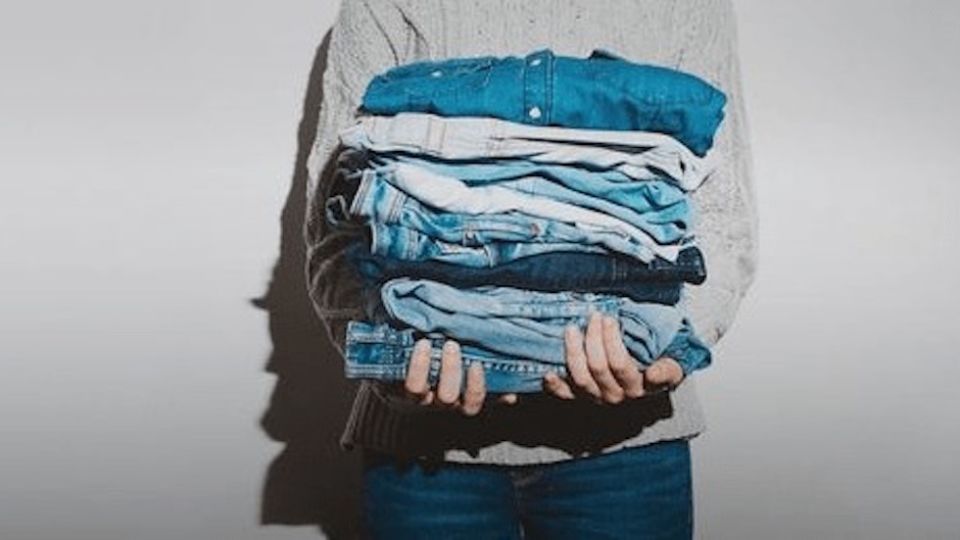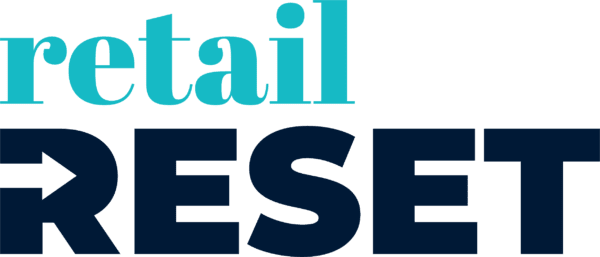Retailers of resale and rental apparel and accessories are feeling the economic effects of COVID-19 just as other retailers in these verticals, but there’s an additional shadow hanging over the secondhand market: The concern that wearables previously worn or stored in the home of an infected person could spread the deadly coronavirus.
Uncertainty around that possibility could cause temporary disruptions for recommerce in the short term, but two trends are likely to provide greater momentum in the long term:
- Previously used merchandise is essential to the concept of “circular” fashion that is becoming deeply integrated into the mindset and behaviors of Millennials and Gen Z. In a circular economy, consumers purchase new items with an eye toward resale, and buy secondhand wearables to reduce waste.
- With the economy experiencing a sharp downturn, analysts expect a spending pullback and heightened price consciousness to benefit secondhand merchandise. The resale market will have a greater advantage because of its wider selection of low-priced goods suitable for staying home or returning to pre-quarantine activities. A comeback for the rental market, which has tended toward luxury goods for special occasions, will be dependent on how long it takes for weddings, elegant parties and more formal business events to return.
In the meantime, platforms that handle the clothing between customers — such as Rent the Runway and Le Tote — could have an advantage, with their ability to provide a clear message about hygiene to counteract infection concerns. In contrast, peer-to-peer marketplaces — such as The RealReal, ThredUP and Poshmark — rely on sellers to perform the cleaning.
Chris Ventry, VP in the Consumer and Retail practice for SSA & Company, noted that while marketplaces might be more vulnerable to concerns about spreading infections, “this concern can be mitigated by the sellers themselves providing their own front-and-center hygiene guidelines.”
Both the rental and resale categories were “on similar paths prior to the novel coronavirus,” said Tyler Higgins, Leader of the Retail practice at AArete. “They were both growing exponentially faster than typical fashion retailers and being viewed as the future of retail. Coronavirus has put the two categories on different trajectories now.” Resale is viewed more as a necessity, he explained, while consumers associate rental with luxury.
“I think the rental market needs to hope for an economic rebound while the resale market needs to ensure its marketing is driving safe product into the hands of customers,” Higgins noted.
Little Clarity On The Risk Of Catching Coronavirus From Clothing
Health officials warn that they don’t know enough about the new virus to rule out the possibility that infection could be transmitted through secondhand clothing or accessories, but according to the CDC, “transmission of novel coronavirus to persons from surfaces contaminated with the virus has not been documented.”
While other coronaviruses have been found to live on surfaces for hours or days, they “last a lot longer on a solid, nonporous surface compared to porous fabrics,” said Juan Dumois, a pediatric infectious-diseases physician at Johns Hopkins All Children’s Hospital in St. Petersburg, Fla., quoted in MarketWatch.
However likely the possibility of infection from secondhand merchandise, consumers currently have broad-brush fears about infection from COVID-19, noted Marie Driscoll, Managing Director, Luxury & Fashion at Coresight Research. “At first, there could be fear of previously used articles carrying the virus,” she said, but they are “likely to dissipate with time.”
“We are already seeing experts weigh in on the low risk of COVID-19 spreading from products and packaging or living on fabrics,” said Higgins. As long as the data indicates that clothing is not an optimal medium for infection, marketers will be able to craft a message of reassurance so that consumers become comfortable with pre-owned apparel again, he added.
Measurement of consumer sentiment from social posts and search terms has shown evidence of safety and hygiene concerns in recent weeks, according to Andrea Szasz, a Principal in the Consumer Practice for Kearney. “What has also been demonstrated to be crucial to consumers is trust,” she said. “Brands that will be able to convey trust — in this case guaranteeing that their products go through the required safety and hygiene processes — will prevail.”
Now that COVID-19 has put infection control in the spotlight, retailers of all types should consider addressing it. Szasz imagines that a version of the statement “100% safe and viral microbe free” could become an essential marketing message. “This guarantee is especially crucial for rental and resale, where products are assumed to have been touched by many hands,” she said.
Rental And Resale Brands Provide Different Infection-Control Messages
For some rental and resale sites, carefully cleaning clothes and accessories has been part of their value proposition from the beginning.
The web site for rental subscription service Le Tote doesn’t mention COVID-19, but it does tout its cleaning process: “Just send everything back and we’ll wash the clothes and sterilize the accessories before putting them back into rotation. We developed an apparel cleaning process that uses biodegradable detergents, 43% less electricity, 11% less gas and 50% less water than doing the laundry yourself.”
Rent the Runway has updated its FAQ page to address COVID-19. “All our garments, accessories, hangers, and reusable packaging are meticulously cleaned each time they are returned to us. Our cleaning agents and practices are designed to kill viruses such as the common cold and flu. Based on current guidance, we have no reason to believe that our processes are ineffective against COVID-19.”
Some marketplaces, including Poshmark, are developing messaging related to the coronavirus. “The health and safety of our community is our top priority and we are monitoring the COVID-19 situation closely,” said a spokesperson in comments provided to Retail TouchPoints.With public health recommendations evolving rapidly, Poshmark urges its community to “stay informed by following the guidance of the World Health Organization, the Centers for Disease Control & Prevention, the U.S. Surgeon General, and the Public Health Agency of Canada.”
Recession Lowers All Boats, But Not At The Same Pace
While peer-to-peer marketplaces might have to take extra measures to quell fears about infection, their distinctive feature — that they serve sellers as well as buyers — gives them a competitive edge in recessionary times, according to Brian Callahan, Innovation Research Analyst at 1010data.
“We’ve seen other marketplaces survive downturns. EBay’s auction business only shrank 5% in 2009,” the first full year of the Great Recession, Callahan observed, adding that “As a marketplace, the resale companies get exposure to both sides of the deal.” Consumers who are negatively impacted by job losses, diminished hours or salary cuts become “eager sellers,” and shoppers who have felt less serious impacts will still be watching their wallets and will be drawn toward secondhand products.
Web sites selling or renting secondhand products at prices lower than comparable new merchandise have a built-in advantage in an economic downturn, but competition will be fierce in 2020, observed Andy Mantis, Chief Business Officer for 1010data’s 1010reveal. “In the immediate term, the price-value competitive advantage that these resale and rental companies had over traditional retail will be diminished in an environment of heavy promotions, sales, even going-out-of-business sales at traditional retail,” he said.
COVID-19 will lead to permanent shifts in how consumers think about fashion, analysts say.
“Depending on the duration of the quarantine and the damage it does to our economy, consumers’ mindset and cash flow and behaviors will change,” said Driscoll. “With nowhere to go, fashion is an unnecessary purchase. Part of the fun of shopping and dressing up is being seen.”
Mantis predicts that athleisure, a surging category prior to the coronavirus crisis, will become embedded as a fashion staple. Depending on the length of time workers are performing their duties from home, business attire will continue to suffer, and the market for luxury apparel and formalwear for business and social events is uncertain.













